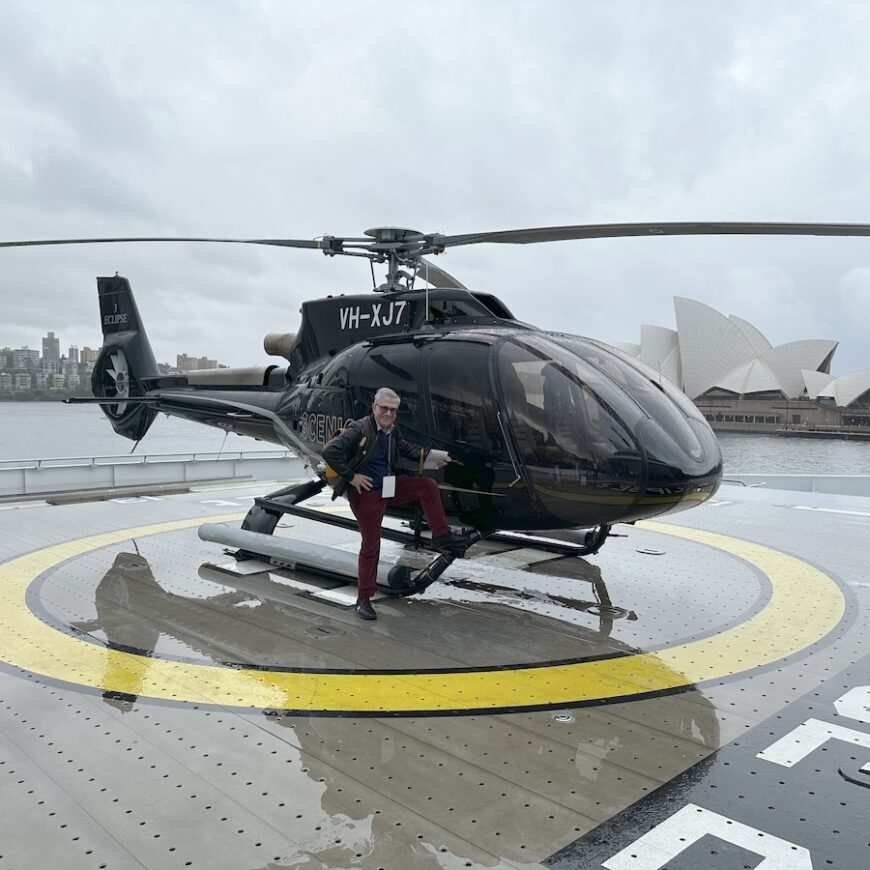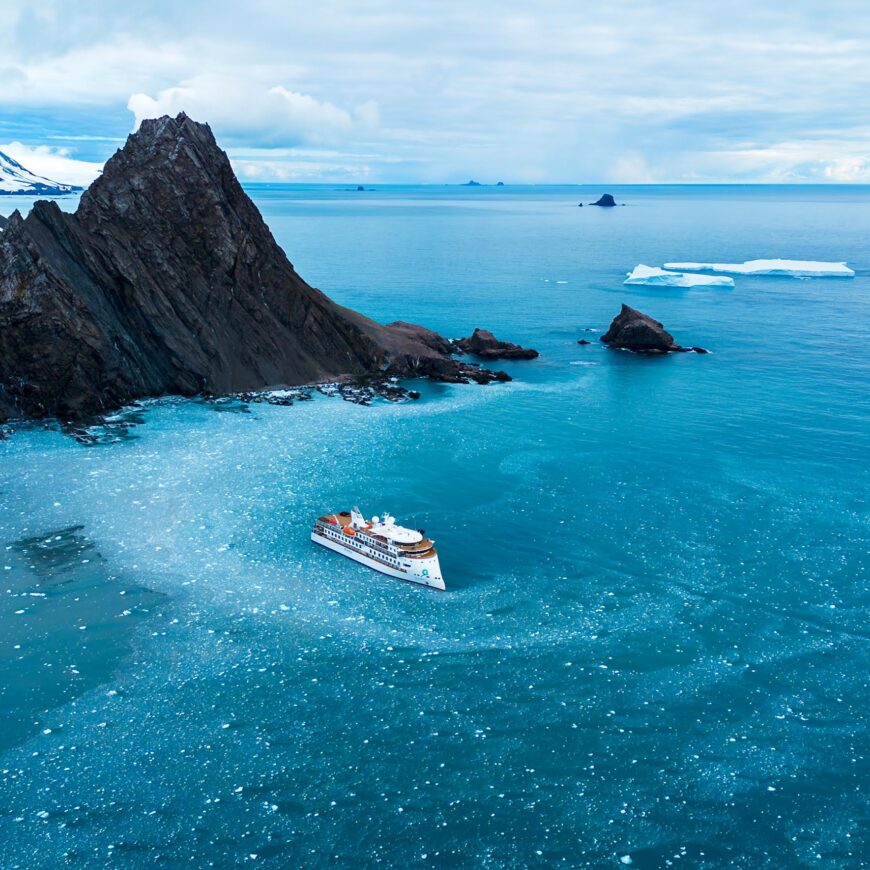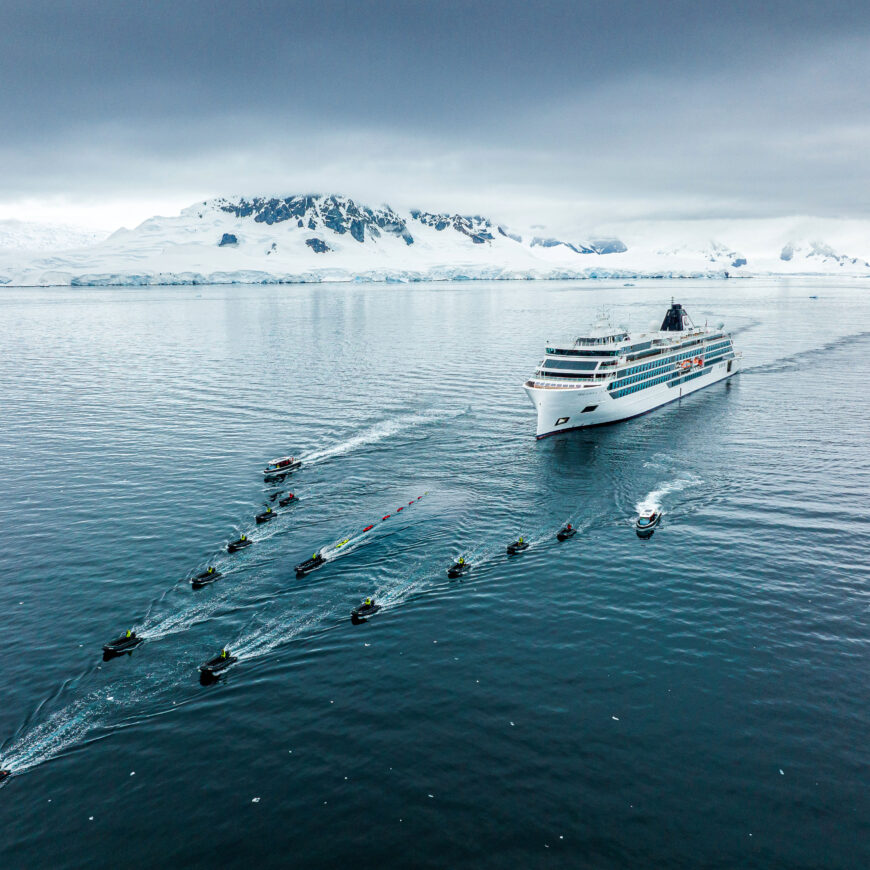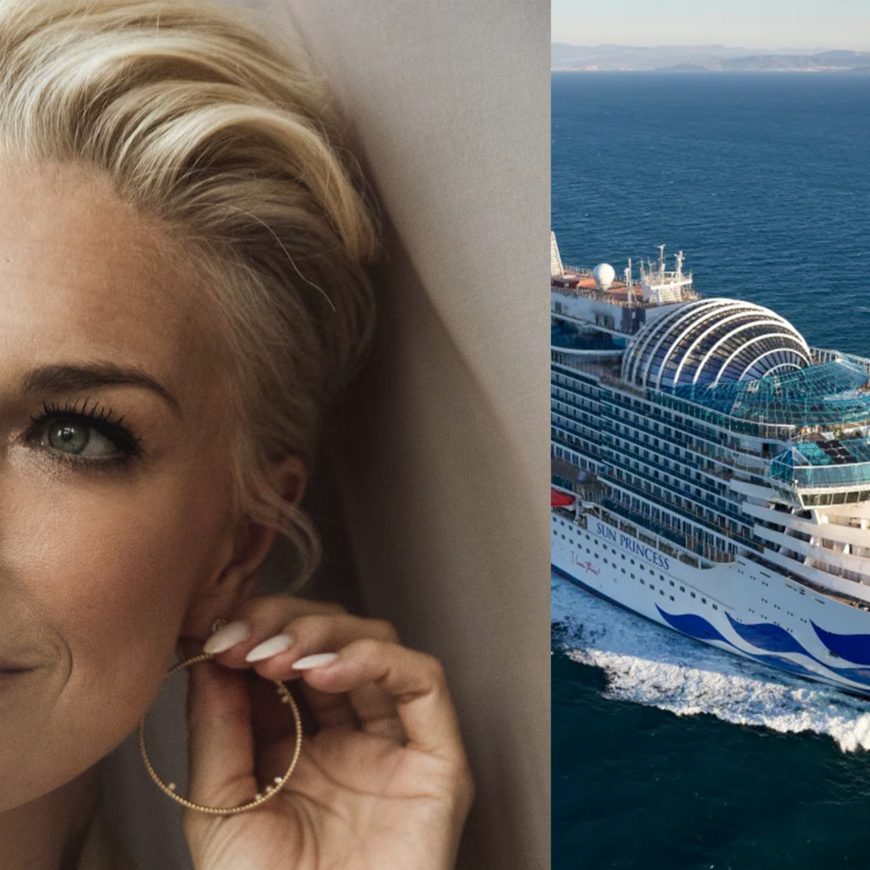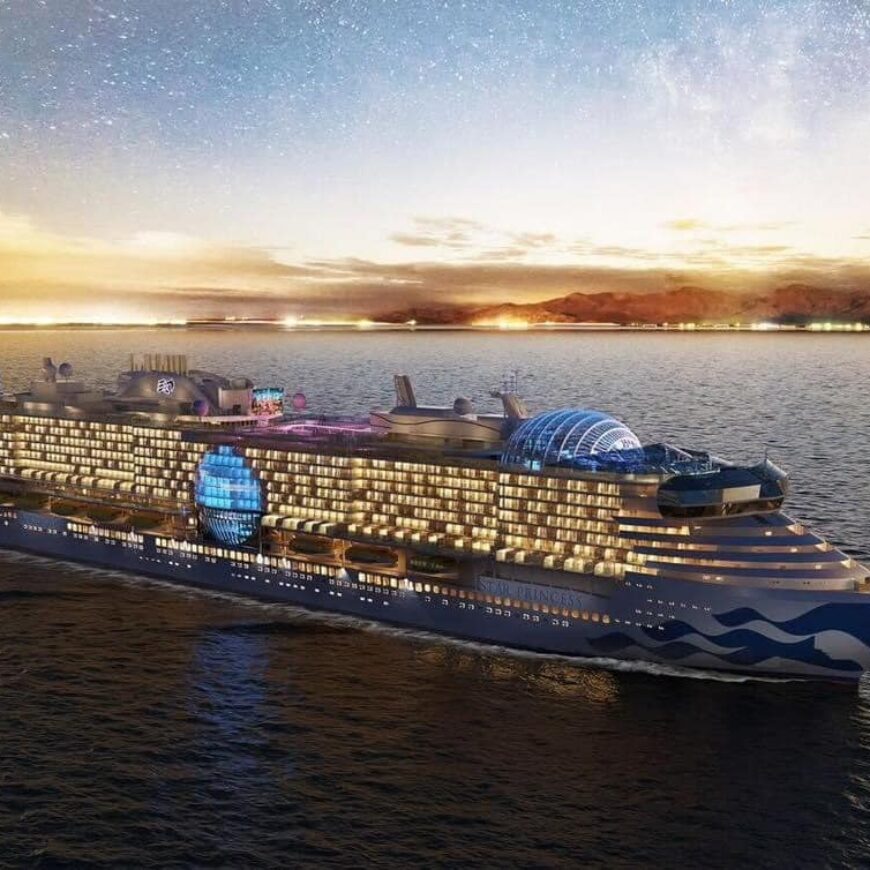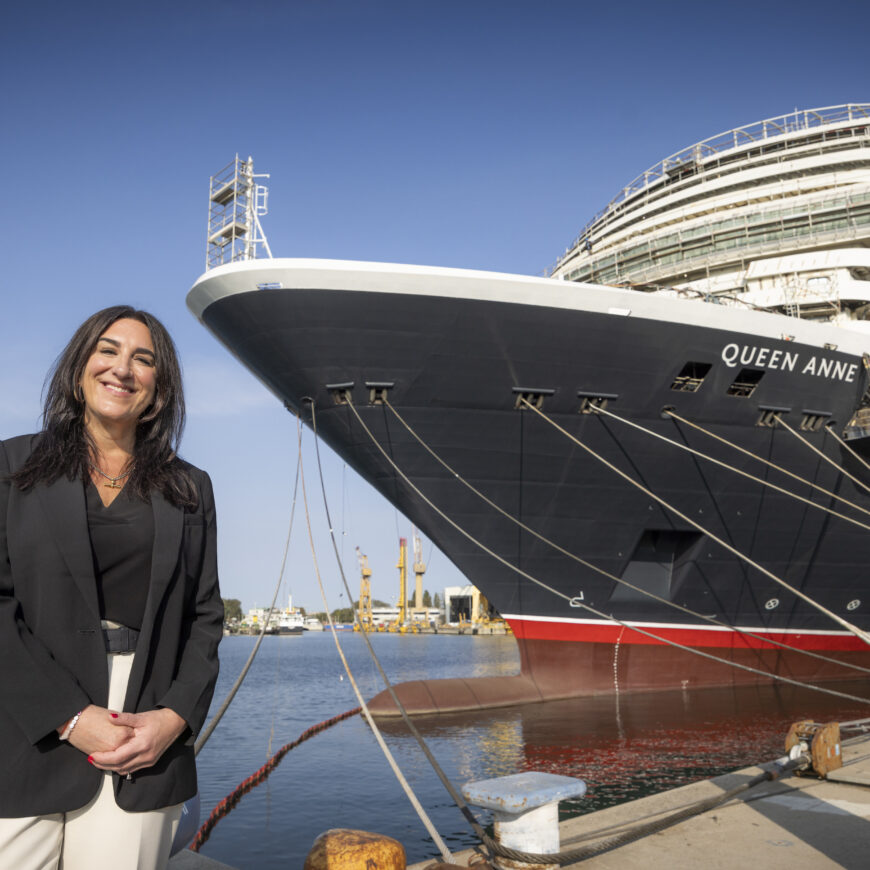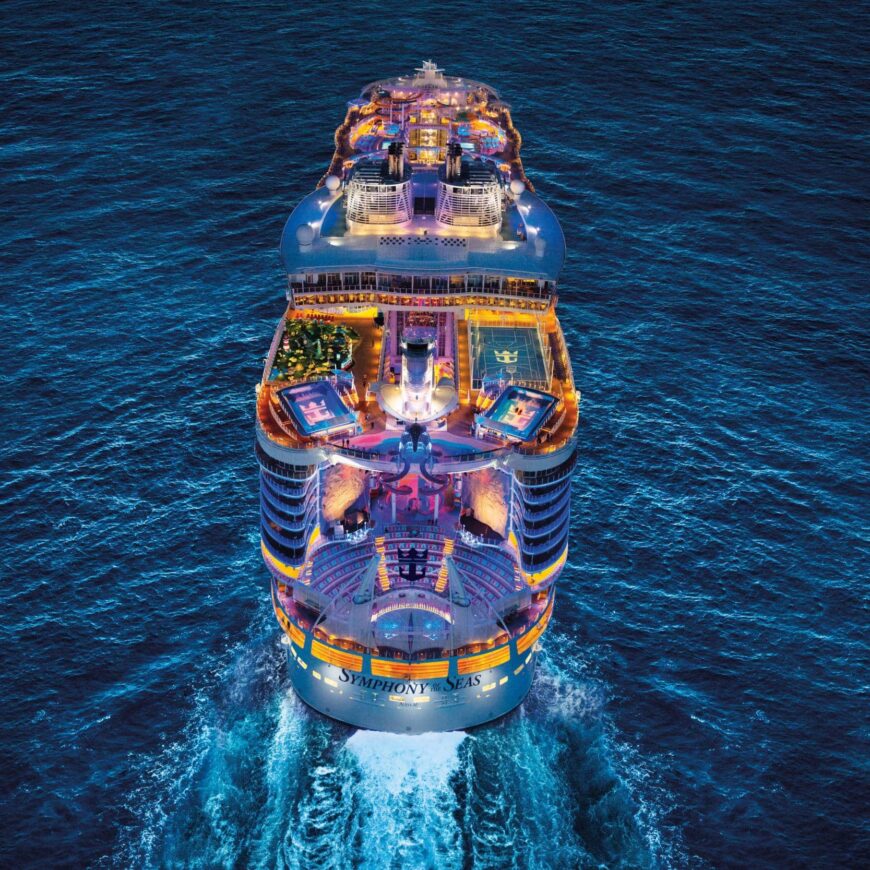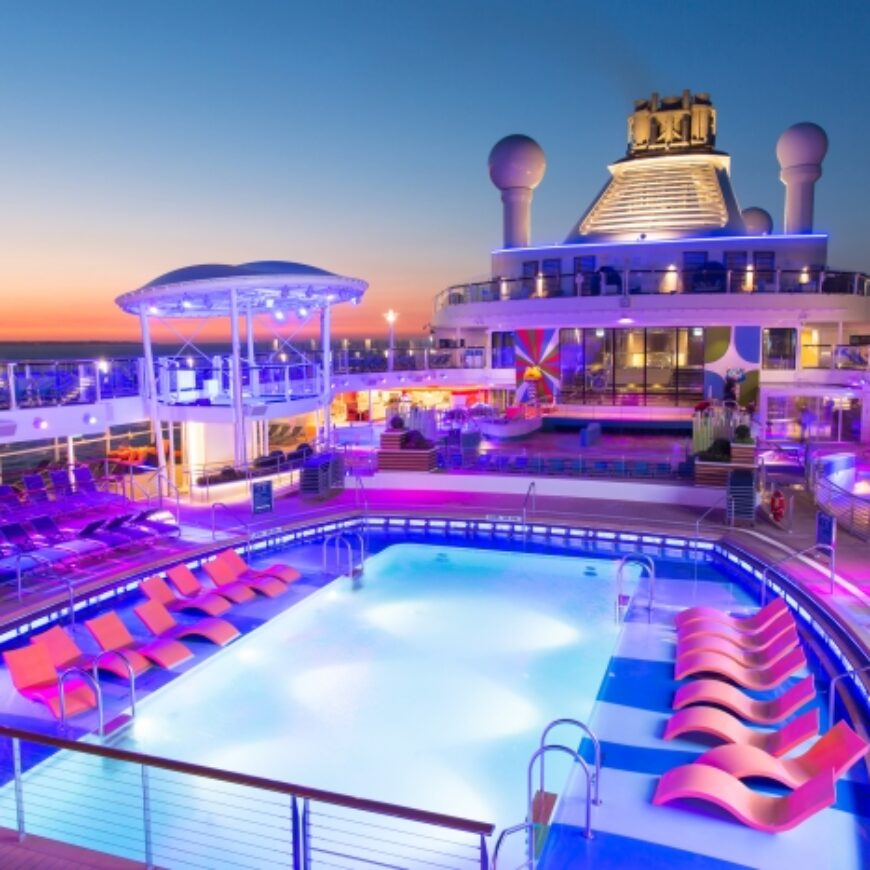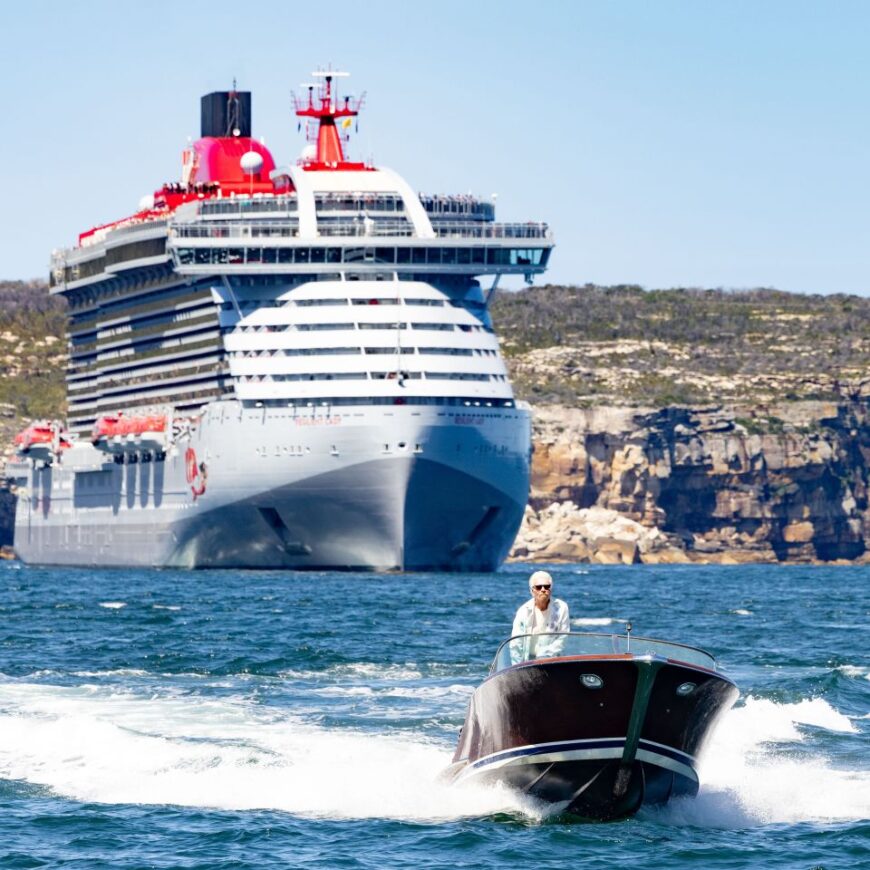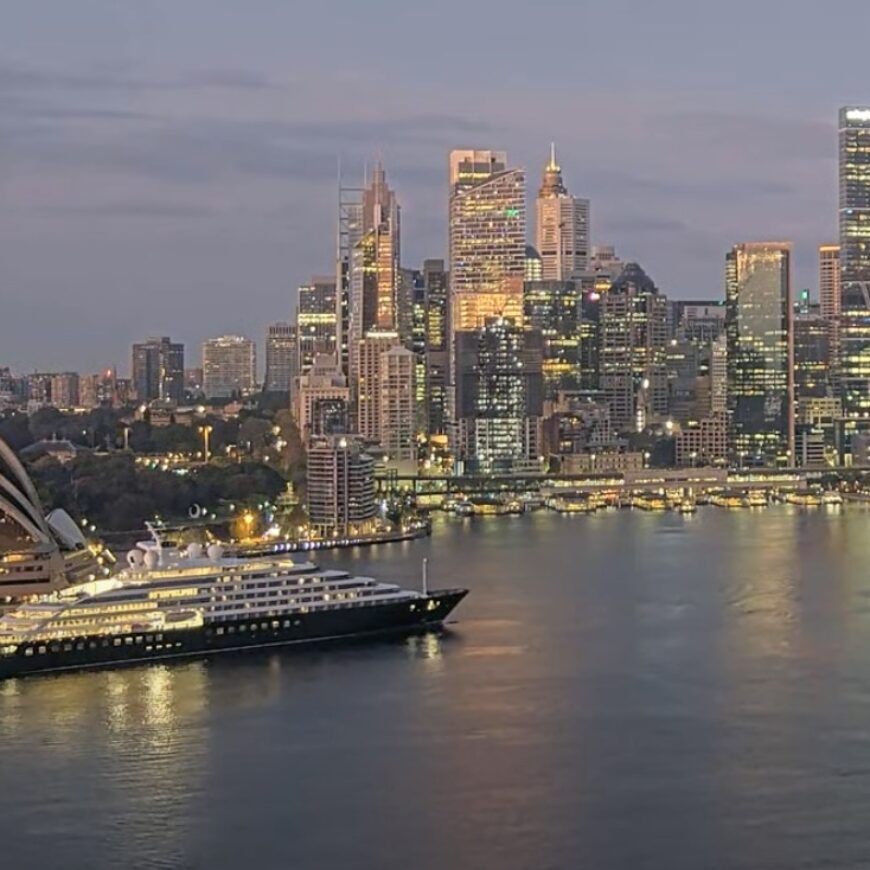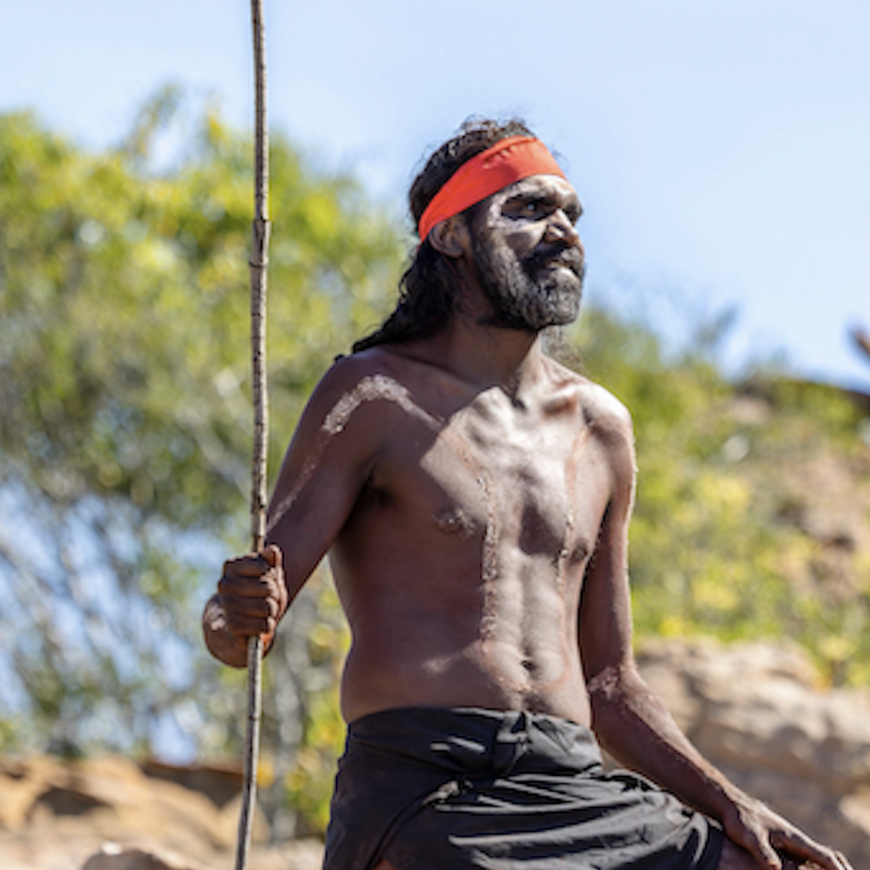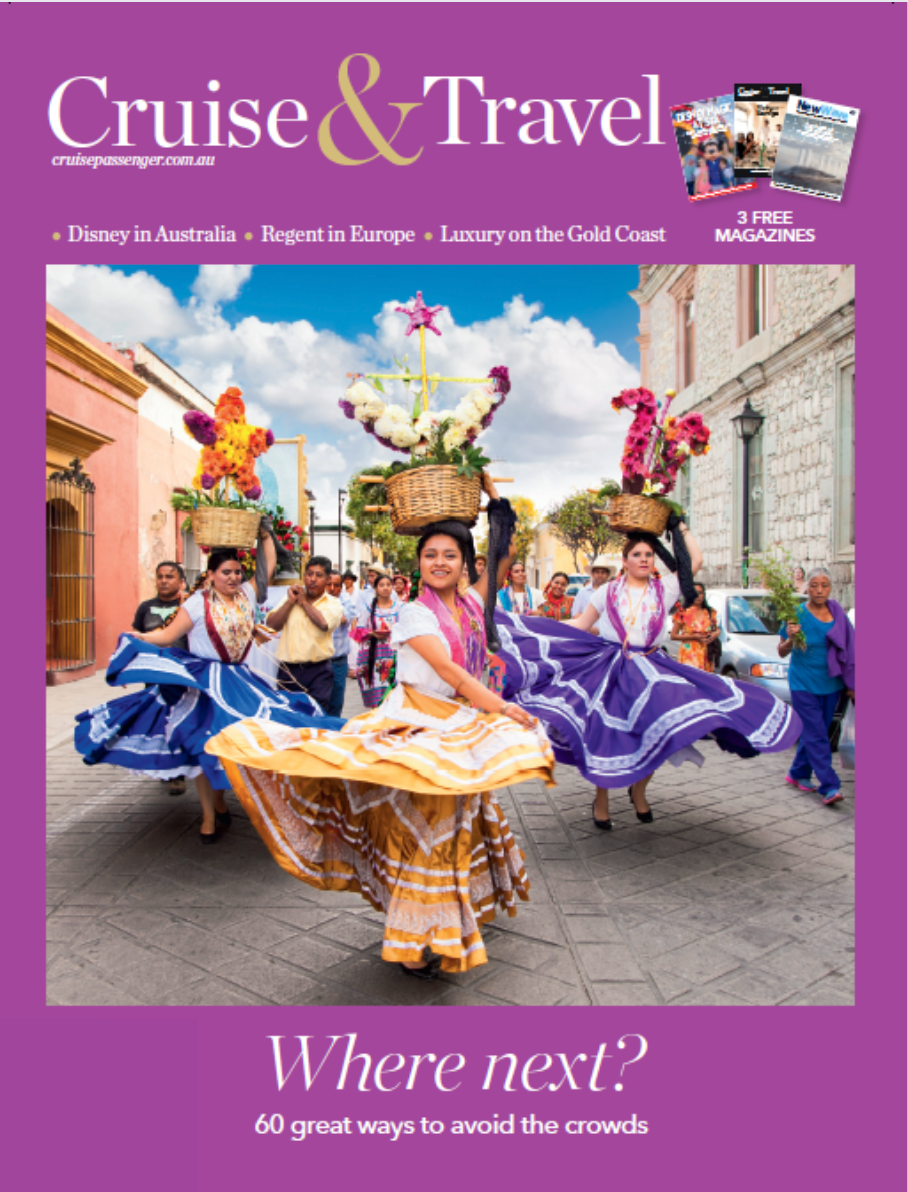Australia’s cruise return a race against time to salvage the last of the 2021/22 wave season
NewsThe cruise industry is expecting to meet NSW Health Minister Brad Hazzard and other officials at a watershed meeting shortly to decide how and when cruise ships can return to the state.
The meeting will follow an anticipated announcement from Canberra that the federal government, which recently tightened biosecurity legislation on what cruise ships need to do before heading into port, is now satisfied that states and territories can negotiate their own terms for how cruise ships might return to local waters. The bill is passing its final stages this week.
The industry has been desperately trying to negotiate a phased return for foreign flagged ships, which have been banned from Australian waters for the past 20 months. Cruise Lines International Association Australasia (CLIA) claims the ban has cost $5bn and 18,000 jobs, and that Australia is the last country to continue to halt cruising.
It now becomes a race against time, with P&O Australia still selling itineraries on its website starting mid-January and two luxury lines believed to have ships close by. The current ban ends on December 17 and has so far been renewed in three-month blocks.
It takes between 60 and 90 days to fire up a large cruise ship like those of P&O, crew them and bring them to Australia. Crew quarantine times are still to be discussed, as are any potential ports of call. So if agreement was reached by the end of November, it would be the end of January at the earliest before we would see our first ship.
CLIA MD Joel Katz said there were encouraging signals coming from the federal government, but there still needed to be discussion about the process.
Last week, Royal Caribbean was forced to abandon plans to bring Ovation of the Seas to Sydney for a season in December because of the continuing uncertainty. The next cruises out of Sydney are aboard P&O Australia ships in January. They are still being advertised.
Hopes rose when new NSW Premier Dominic Perrottet spoke of his support for a cruise return. He suggest PM Scott Morrison could also be a supporter, leading to hopes that talks with the powerful committee in Canberra which governments the COVID rules might at last listen to the cruise industry’s plan for a safe phased return.
A Department of Agriculture, Water and Environment (DAWE) spokesperson told Cruise Passenger this week about the new Biosecurity Bill: The Bill will expand pre-arrival reporting requirements, ensuring accurate and up-to-date information is available to assess the human health risk of arriving vessels and aircraft. It will also expand and strengthen penalties for operators and persons in charge of aircraft and vessels who do not comply with pratique requirements.
“It will also provide a mechanism to manage groups of people, such as on board a cruise ship, where passengers or crew display signs or symptoms of a listed human disease, or have been exposed to such a disease. In these circumstances, human biosecurity officers will be able to effectively assess and manage the risks of that disease spreading or entering Australia.”
Many of the changes have been put in place as a result of the inquiry into the Ruby Princess incident when passengers were disembarked before testing.
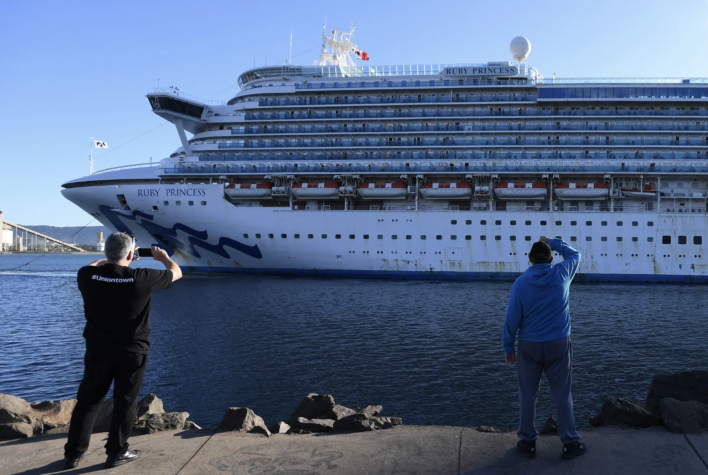
A spokesperson added: “The amendments relating to pratique, pre-arrival reporting and human biosecurity group directions address the recommendations made by the Inspector-General of Biosecurity in his review. Confidence testing for at-border delivery of critical human biosecurity functions (were the result of the) Ruby Princess cruise ship incident, as well as the recommendations arising from the NSW Special Commission of Inquiry into the Ruby Princess.”
The spokesperson added: “DAWE is working with the Department of Health and other Australian Government departments on a range of activities involved with the safe re-opening of the border to international travel. Consultation with industry has and will continue as this work progresses. The resumption of cruise operations and other discretionary forms of travel continues to be considered by Australian Government agencies in the context of the National Plan to transition Australia’s National COVID-19 Response.”

